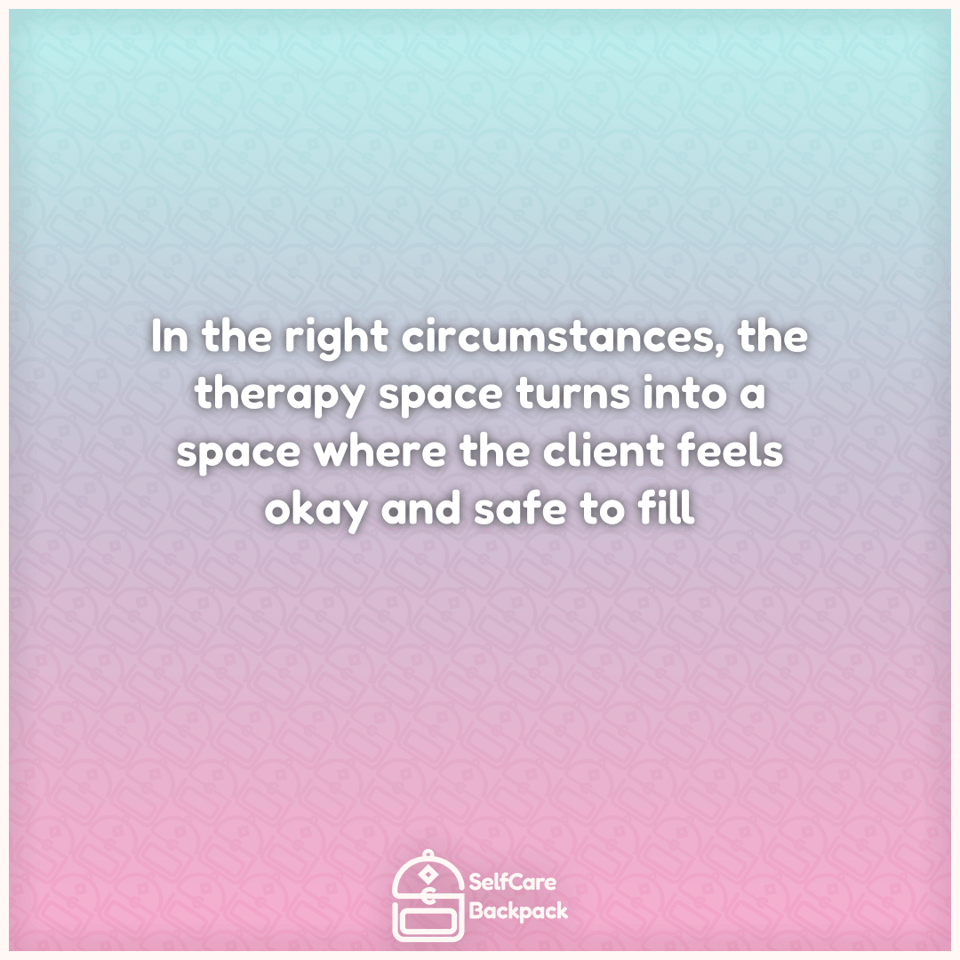What's the difference between therapy and a chat?
I want to put up here that I’m only training in person-centred therapy, and different modalities have different ways of working and practicing. When I say therapy here, mentally know I’m talking about person-centred therapy in particular, though some of this can apply to other therapeutic ways.
What’s the difference between therapy and a chat? This is the question that my tutor gave to us in a class recently.
It made me reflect on the past almost 3 years of training, to help me realise the difference between when I have a conversation and when I have a therapeutic conversation (I can talk about boundaries there in another post).
In my therapy training, I’m following the curriculum set out by the CPCAB (Counselling and Psychotherapy Central Awarding Body).
In this curriculum, the first stage is a certificate in counselling skills. In this course I learned how to frame conversations safely and ethically, and learn to tap into my empathy in these conversations. I learned how to provide a space where people can talk openly about their feelings or troubles, and I respond with openness and empathy (not solutions!).

The next stage is a certificate in counselling studies. This course is much more academic. I learned theories of counselling and mental health, working ethically, as well as looking into diversity and differences to help build empathy. This might seem backwards: why do you learn the practice before the theory? But this makes sense to me on multiple levels.
First: you can gain skills from the first course without having to go on to become a therapist. You can decide to use the counselling skills to improve your coaching or management conversations, your relationships with colleagues and friends. You don’t need to be a counsellor to have these types of conversations, the skills, and knowledge of how to have them ethically, can be useful by themselves.
Second: I know I want to be a therapist, and I know this from the skills practice I did in my first course. This knowledge is settled in my bones, in a way that I’m not sure learning the theory would allow. Imagine spending an academic year studying theory and you get to practicing the skills and you realise this isn’t what you want to do?
Lastly, I think being able to see how the theory is deepening these conversations is really validating and encouraging. We’re now thinking about the concepts of person-centred counselling - self-concept, locus of evaluation, organismic valuing process [link to a PDF], and starting to see how these manifest in how we talk about our feelings. When someone talks about their identity, whether that be a career, as a parent, or a member of a community, we can see is part of their self-concept. If this pattern keeps repeating, it could be a sign that, even unconciously, the person needs to explore their self-concept and identity.
Suddenly our questions and conversation have a deeper meaning. I can ask questions to help the person in front of me look at the way they see themselves, others, and the effects these perceptions are having on their life. I can help them sit in their feelings, even the uncomfortable ones, so they can work with those feelings.
I think also the environment and relatonship plays into this.
You’re going to a therapist for a reason, whether to talk about a specifc life event or to talk more broadly about your life and what’s going on for you (or both), and this sets a bit of a tone to the relationship. A therapist may set some boundaries at the start of the first session, for example around things they might not be able to keep confidential, which helps further set the scene.
Then the space is given to the client, for them to use as they need to in that moment. It can be powerful to be fully given a space to use with someone who is there to sit with you empathetically, and help you explore whatever you need to.
It doesn’t have the history that comes with talking to a friend. You have patterns in how you related to people (we all do), and this plays a part in how those conversations will go. It’s really hard to see those patterns, and can be even harder to change them. I’m not saying that chatting to friends isn’t helpful, talking to friends and being in community with each other is vital. I’m not even saying therapy is a mandatory part of your healing journey, I’m saying that therapy is it’s own beast, one that provides a different context and space to explore your thoughts and feelings.
In the right circumstances, the therapy space turns into a space where the client feels okay and safe to fill. The give and take of normal conversation isn’t there. It can feel uncomfortable as a client to start, I know I spoke to my therapist about not having the same back and forth and how I felt guilty for not asking about his life. We spoke about it, both in terms of boundaries but also in why I felt that guilt and where it came from.
So when you put together the space that therapy provides, plus the tools that the therapist brings makes the therapeutic space truly different from a conversation.
Add a comment: